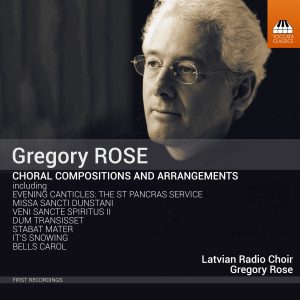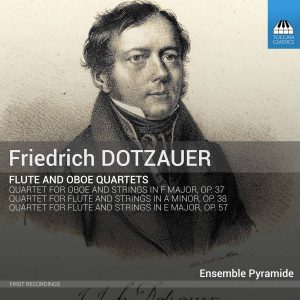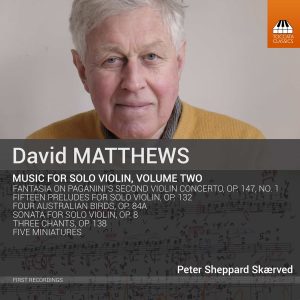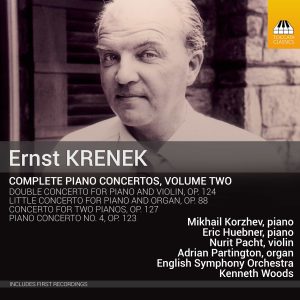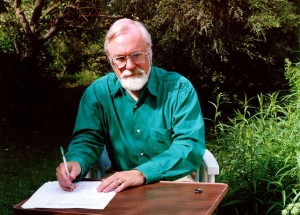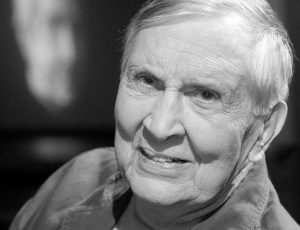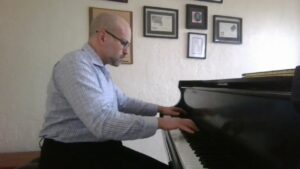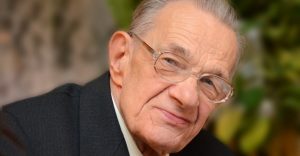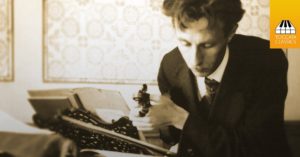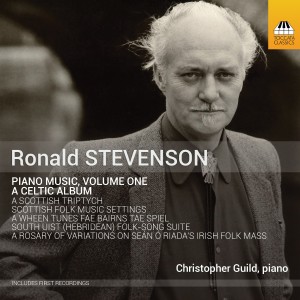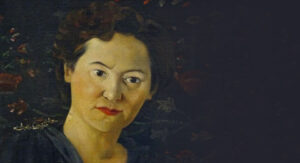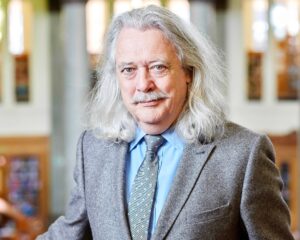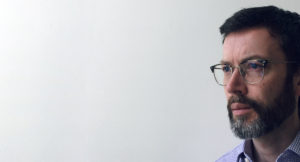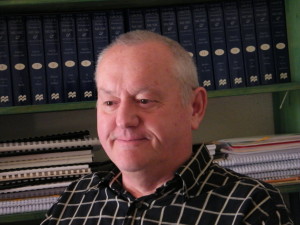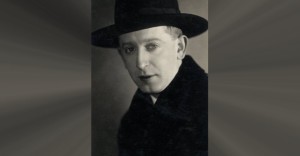Search Results for "MrWhosetheboss 5 Tech Products changed life video description site:youtube.com" – Page 3
Gregory Rose: Choral Compositions and Arrangements
Gregory Rose (b. 1948) absorbed the English choral tradition from his father, the Oxford conductor and composer Bernard Rose, expanding that inheritance with the techniques of European and American modernism, acquired in part during his own conducting career. This conspectus of over four decades of choral music presents a vivid combination of original compositions and agreeable arrangements, sung here with exultant virtuosity by one of Europe’s leading choirs, conducted by Gregory Rose himself.
Latvian Radio Choir
Gregory Rose, conductor
Friedrich Dotzauer: Flute and Oboe Quartets
The cellist-composer Justus Johann Friedrich Dotzauer (1783–1860), an orchestral musician in Dresden and Leipzig as well as an important soloist and teacher, is best remembered for the music he wrote for his own instrument: the studies of his Violoncellschule are still in use today. But the prolific Dotzauer wrote much else, and his generous output of chamber music includes a handful of good-natured quartets for solo wind instruments and strings. They share an elegant late-Classical manner, with echoes of Mozart and Haydn, but their poise and charm can disguise fearsome technical demands and occasional harmonic boldness.
MIT DEUTSCHEM KOMMENTAR
Ensemble Pyramide
Markus Brönnimann, flute (Tracks 1–4)
Barbara Tillmann, oboe (Tracks 5 – 8)
Ulrike Jacoby, violin
Muriel Schweizer, viola
Anita Jehli, cello
David Matthews: Music For Solo Violin, Volume Two
David Matthews and Peter Sheppard Skærved have been collaborating on a series of works for violin for many years now, with Matthews setting Sheppard Skærved formidable technical challenges, and Sheppard Skærved surprising Matthews by finding a way to overcome the difficulties in his path. And behind all the pyrotechnics, this collaboration is generating one of the largest, and most musically rewarding, body of compositions for solo violin by any living composer.
Peter Sheppard Skærved, violin
Ernst Krenek: Complete Piano Concertos, Volume Two
Ernst Krenek’s seven piano concertos – four for solo piano, one for two pianos, one with violin and one with organ – form one of the major concerto-series of the twentieth century, but also one of the least familiar. This second instalment in their first complete recording reveals breath-taking bravura writing – in the virtuoso piano technique, the dazzling orchestration and the stylistic integration of serialism and good-natured recollection of Viennese tradition.
Mikhail Korzhev, piano
Eric Huebner, piano (Tracks 4 – 7)
Nurit Pacht, violin (Tracks 8 -14)
Adrian Partington, organ (Tracks 15 -20)
English Symphony Orchestra
Kenneth Woods, conductor
John McCabe in his Own Words
John’s death on 13 February was not unexpected – indeed, he had given his brain tumour a good fight and long outlived his doctors’ prognoses.…
Cooking Up A Symphony: Steve Elcock Examines What Makes A Good Recipe
After I posted a recipe on one of the social networks, two composer friends suggested, jokingly, that I should come up with a recipe for…
Einojuhani Rautavaara, Symphonist
THE FINNISH COMPOSER TALKS TO MARTIN ANDERSON In the light of the death of the Finnish composer Einojuhani Rautavaara, on 27 July 2016, in a…
A Narrative of Paul Creston’s Three Narratives
My introduction to Paul Creston was through his Virtuoso Technique – a book of finger exercises so demanding and so unusual that I couldn’t help…
Tadeusz Majerski Remembered: An Interview With Andrzej Nikodemowicz
A December release from Toccata Classics (TOCC0344) presents the first-ever recording of works by the Polish composer Tadeusz Majerski (1888–1963), whose music incorporates elements of…
Toccata e due CD: Rediscovering Early Martinů – Part III
Volume One of the Martinů Early Orchestral Works series brought much satisfaction to all involved. Martin Anderson was delighted by the quality of the new…
Ronald Stevenson: all-too-brief encounters, and an astounding legacy.
I met Ronald only once. I simply came to his music too late in his life — which came to a peaceful end on 28…
Freda Swain: A Composer Unboxed
The composer David Hackbridge Johnson reacts with surprise to the piano music of the unknown Freda Swain (1902–85) – whose music, after her death, spent…
Mixing the Classical and the Popular
The urge to compose music arose after I joined a rock group in my teenage years. Although I was later classically trained, I continued to…
Stravinsky and Me
The longest piece on the new Toccata Classics album of my choral works is A Lenten Cantata. It was premiered in 2017 with organ and…
Coming in from the Unknown
English composer Steve Elcock describes his emergence from total obscurity At the age of seventeen, I sat the entrance examination to go to Oxford to…
Jaromír Weinberger Re-Discovered
Today (well, I guess it depends on when you read this) – 8 January 2016 – marks the 120th anniversary of the birth of the…
Stay In the Know
JOIN THE TOCCATA NEWSLETTER
"*" indicates required fields
By visiting our site, you agree to our privacy policy regarding cookies, tracking statistics, etc.
